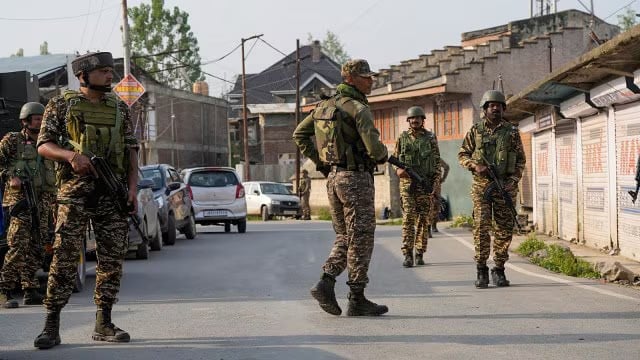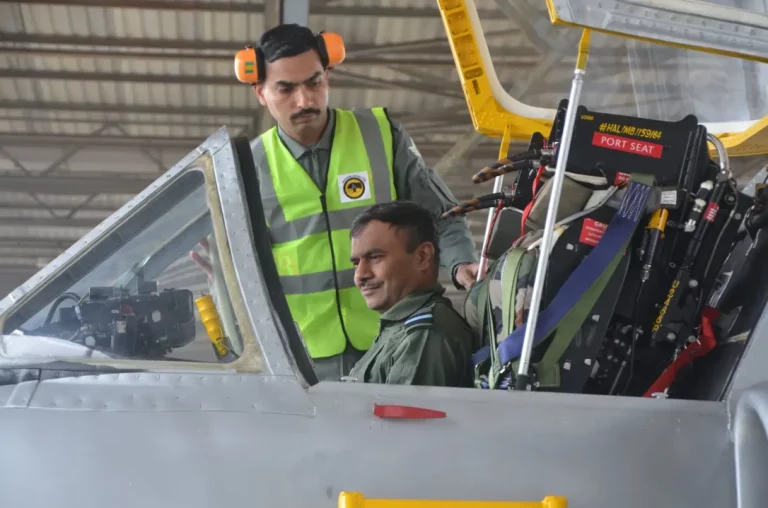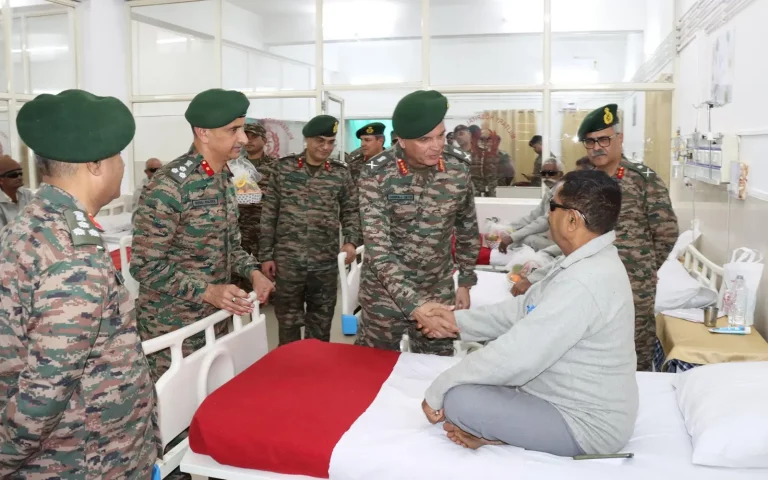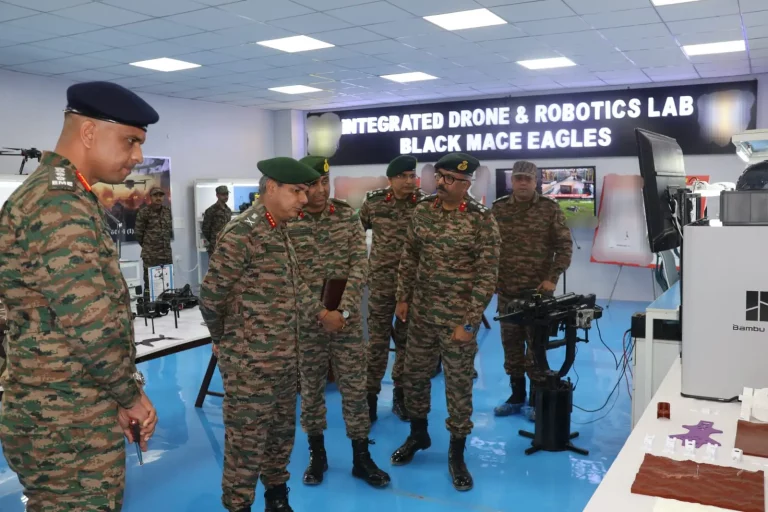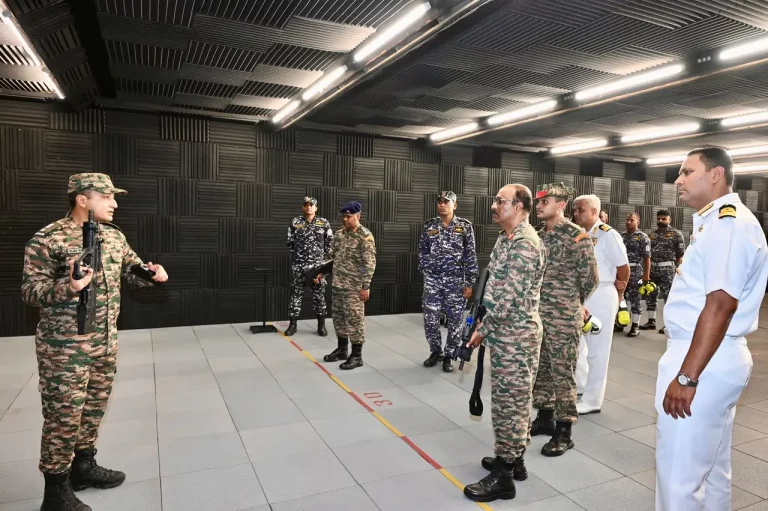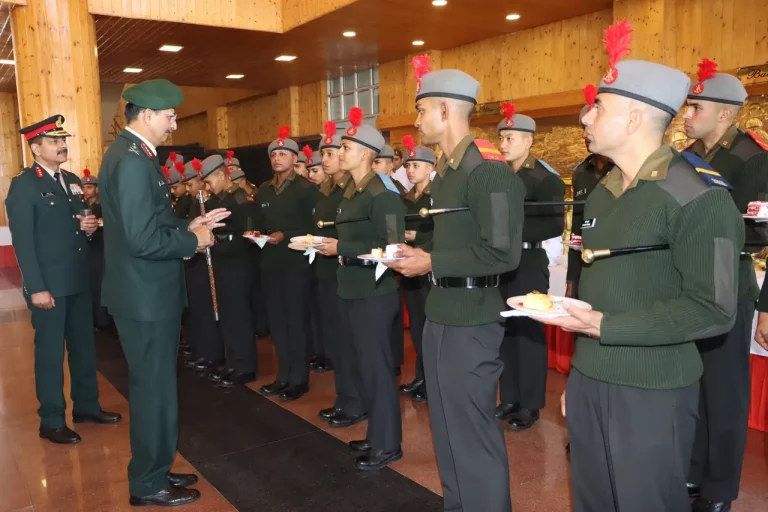In a significant escalation of regional tensions, the Indian government has confirmed the continuation of Operation Sindoor, a precision military campaign aimed at dismantling terrorist infrastructure in Pakistan and Pakistan-occupied Jammu and Kashmir (PoJK). This operation, initiated on May 7, is a direct response to the Pahalgam terrorist attack that occurred on April 22, which resulted in the deaths of 26 Indian and foreign tourists—the deadliest assault in Indian-administered Kashmir since 2019.
Indian forces executed 24 missile strikes targeting nine locations linked to terrorism, including known strongholds in Muridke and Bahawalpur, employing Rafale fighter jets and SCALP cruise missiles. Government officials stressed that the operation was designed to focus exclusively on terrorist hideouts and avoid military installations, aiming to maintain a “measured, proportionate, and responsible” approach.
Foreign Secretary Vikram Misri and Defence Minister Rajnath Singh emphasized that the initiative seeks to “dismantle the infrastructure of cross-border terrorism” while minimizing civilian casualties. In contrast, the Pakistani government condemned the airstrikes, labeling them as an “act of war,” with Prime Minister Shehbaz Sharif vowing to retaliate. This rhetoric has intensified fears of a possible full-scale military conflict between the two nuclear-armed nations.
The situation escalated further following Pakistan’s retaliatory shelling in Jammu and Kashmir’s Poonch district, which resulted in the deaths of 12 civilians and one Indian soldier. Additionally, reports of a missile strike near Amritsar caused alarm, although Indian authorities clarified that a recent blackout in the area was due to a civil defense drill and not a consequence of foreign aggression.
The violence has disrupted everyday life across northern India, leading to the cancellation of over 300 flights and the shutdown of 25 airports. The historically significant Attari-Wagah border ceremony in Amritsar has been suspended for the first time in years, and security measures have been heightened nationwide in light of concerns over potential future attacks.
Public opinion in India remains polarized. Supporters of the operation, including West Bengal Chief Minister Mamata Banerjee, endorse the government’s actions, while critics argue for a more robust response to Pakistan’s provocations and the escalating civilian toll.
On the diplomatic front, various countries—such as Qatar, Japan, Iran, Israel, France, Germany, and Bangladesh—have called for both nations to de-escalate the situation. The United States, through Congressman Rich McCormick, has expressed support for India’s right to self-defense, while Pakistan is reportedly seeking military backing from China, indicating a potential shift in regional alliances.
Foreign policy experts, including Michael Kugelman, caution that ongoing violence could lead both countries into a broader conflict, especially if civilian casualties rise and if Pakistan’s involvement in the Pahalgam attack is substantiated. Major news outlets like The Washington Post and CNN have characterized India’s airstrikes as a “measured show of force,” but they also warn that the subcontinent stands on the brink of open warfare.
As Operation Sindoor progresses, the international community remains vigilant, hoping for a diplomatic resolution to prevent the situation from spiraling further out of control.
